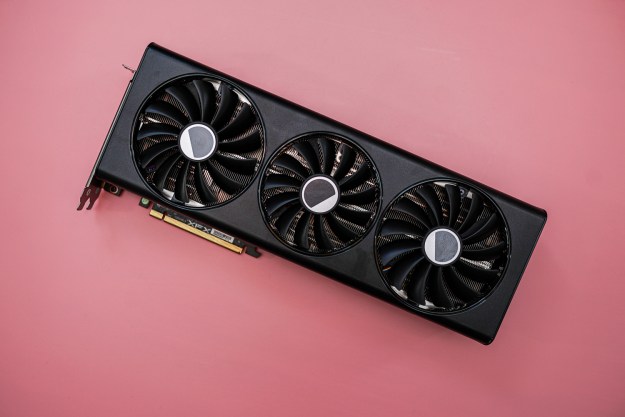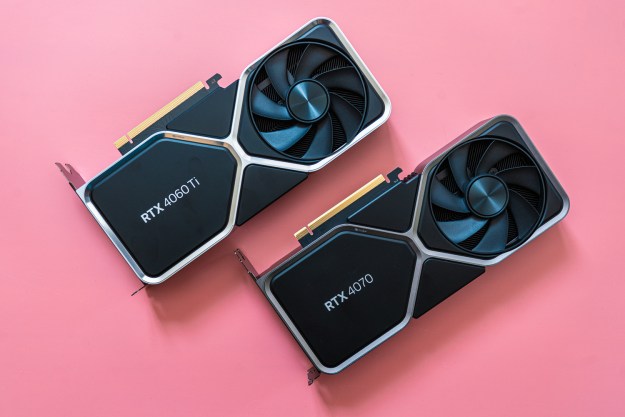The chat app known as ToTok (not to be confused with TikTok) is allegedly a spying tool used by the United Arab Emirates (UAE) government to keep an eye on its users.
An investigation by the New York Times purports that the app spies on conversations, movements, relationships, and more. The firm behind ToTok is reportedly a cyberintelligence and hacking company.
The app debuted a few months ago, and is most commonly used in countries within the Emirates, but also has users throughout North America, Asia, Europe, and Africa. Last week, it was the most downloaded social app in the U.S., according to the research firm App Annie. However, the Times reports that Google and Apple have removed the app from their app stores since finding out about the investigation.
In reference to why Google removed ToTok from its Play Store, a Google spokesperson told Digital Trends, “We take reports of security and privacy violations seriously. If we find behavior that violates our policies, we take action.”
We also reached out Apple to comment on why they removed the app, but we haven’t received a response.
According to ToTok’s policies, you grant the app access to your location, as well as your phone’s microphone, camera, calendar, cellular data and Wi-Fi, and other data once the app is opened. The information that is collected from users who download the app is reportedly sent to intelligence analysts working for the UAE.
The company released a statement on its website on Monday, December 23, in response to the reports about it being a spy tool, but did not explicitly confirm or deny any of the claims made in the investigation.
“We equipped ToTok with such high-security standards as AES256, TLS/SSL, RSA, and SHA256 to diligently protect the user data. We also implemented a privacy framework that complies with the local and international legal requirements to safeguard our users at all times,” the statement reads.
The statement also says that the reason for the app being missing on Google and Apple’s app stores is because of a “technical issue.”
Digital Trends reached out to ToTok to confirm or deny the investigations’ claims. We’ll update this story once we hear back.
While it may be unsettling that ToTok can track your location, it’s not uncommon for apps to do so. Last week, a separate New York Times investigation called the Privacy Project revealed that some of your phone’s apps are continually tracking and broadcasting your location.
The location data information collected by these types of apps is legal to collect and sell since there is no federal privacy law, which is a cause for concern in and of itself. The companies reportedly only share this type of sensitive data with “vetted partners.”
There are ways to protect yourself and your location by turning off location services on individual apps, but that might mean giving up key features, such as Google Maps’ ability provide directions.



